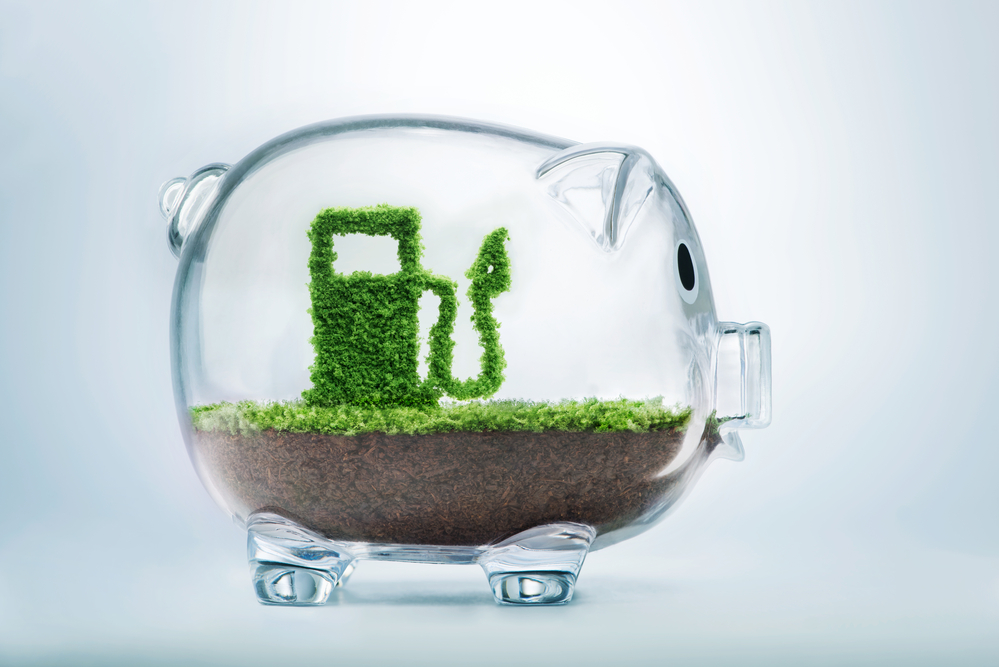Energy efficiency just got a little more profitable for climate-conscious connoisseurs. Along with the environmental benefits of buying an electric vehicle, the Inflation Reduction Act (IRA) was just recently passed which will allow more tax credits in the following years.
Electric Vehicles

The means of street transportation cause the largest amount of greenhouse gas emissions in the country. Neither electric nor hybrid vehicles produce any or as much tailpipe emissions. In recent years, the increase in the public purchase and use of electric vehicles (EVs) has helped reduce the amount of gas emanation to the environment.
The IRA has included electric vehicle tax credit incentives spanning the next ten years that could persuade potential customers, assist the auto industry, and bolster the economy.
Initial Discounts
A purchaser of an EV might qualify for the tax credit to be paid at the time of purchase. This is only the case for new 2022 and 2023 vehicles, and if the dealership does not offer these initial discounts, they can still be claimed during the next tax year.
Increase of Qualifying Vehicles
The list of vehicles that qualify for the tax credit ($7,500 to be exact) keeps increasing. The federal government consistently updates the list of electric cars, hydrogen-powered vehicles, and some plug-in hybrids.
Used Vehicle Rebate
Buying a used electric vehicle at a dealership under $25,000 could still provide almost half the tax credit amount of a brand-new electric vehicle. This incentive only matters to those who make $75,000 a year or less as a single person, $112,500 as a head of the household, and $150,000 for joint filers.
Clean Energy Home Improvements
Home improvements with energy efficiency in mind could help Americans save money and earn tax incentives.
Energy Efficient Home Improvement Credit
The Inflation Reduction Act brought this tax credit back for the 2022 tax year under a new name (previously known as the Non-Business Energy Property Credit) and improved its terms considerably. In 2023, the credit will provide a 30% return on qualifying home improvements, certain energy-efficient stoves and boilers, energy audits, and solar panels.
Residential Clean Energy Credit
Formerly known as the Residential Energy Efficient Property Credit set to expire in 2024, this tax incentive has been renewed until the year 2034 with an increased amount of credit. This covers 30% of the installation of solar, geothermal, or wind-powered systems in residential homes.
Alternative Fuel/Refueling Property Credit
This tax credit is used in conjunction with the incentives for purchasing an electric vehicle. Also extended until 2034, this tax credit provides 30% of the costs of the equipment installed for the storing and dispensing of alternative fuels for motor vehicles, and bidirectional charging equipment.
These new and improved incentives will reduce spending for middle-class families, reverse dangers against the climate, and expand the economy from the inside out. They will combat any downfalls in the US electric vehicle market and help pave the way for more sustainability in the future of the electric vehicle.






